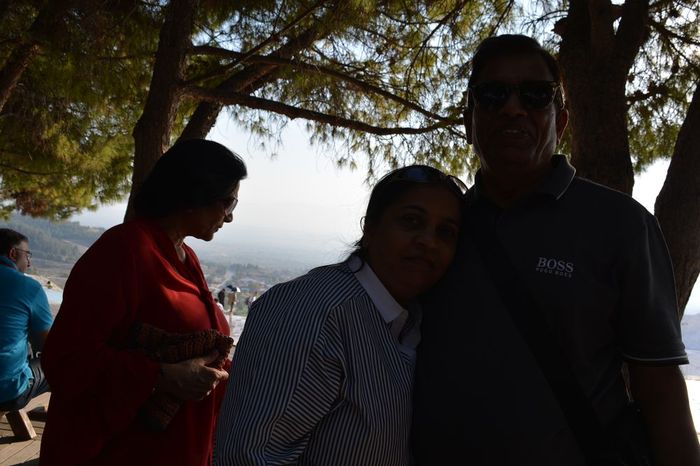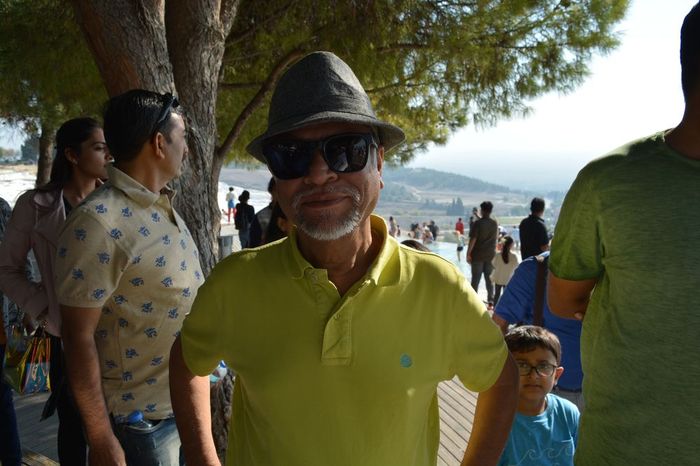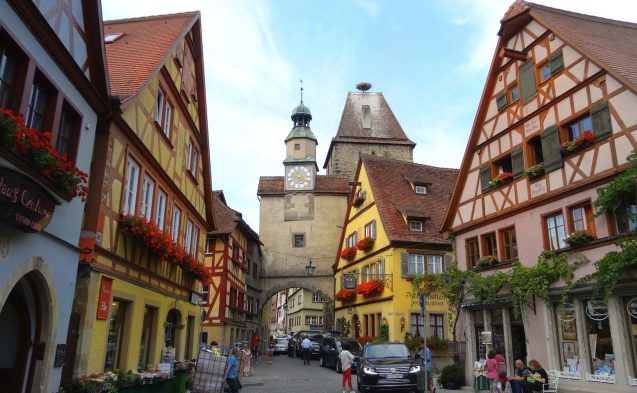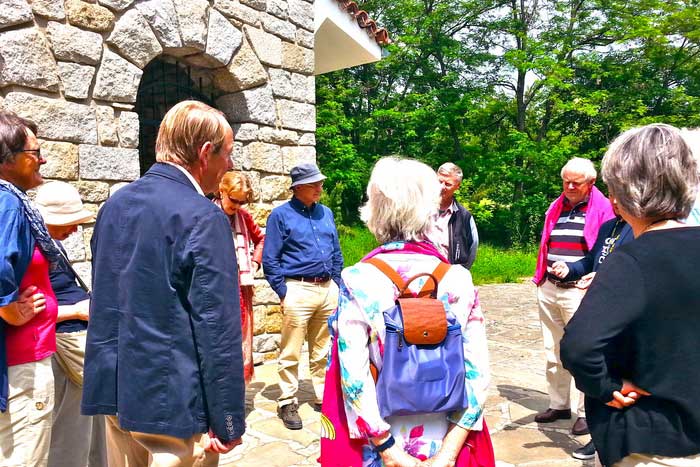Daily Lawlessness and Impunity
In discussions with local authorities regarding the rampant lawlessness occurring within their jurisdiction, the responses are deeply concerning. Often, officials will either deny that...
Systematic Violence and Oppression in the Region
The ongoing violence and oppression faced by the local population are alarming. Two men from Mishka approached us, sharing that there is not a...
The Aftermath of Destruction
Total Devastation
In the wake of recent events, the devastation in the village is staggering. There were once 700 houses here, yet not a single...
The First Church Dedicated to Virgin Mary
The First Church Dedicated to Virgin Mary and the World’s First Advertisement Hoard
The Double Churches, also known as the Consul Church, hold a distinctive...
The Magic of the Bosphorus
Necati Güngör’s compiled work, “Boğazın Büyüsü,” provides a literary perspective on the Bosphorus, allowing us to draw comparisons between its past and present.
The Bosphorus...
Second Battle with Heresy part 25
But in the meantime the following incident occurred. The Emperor invited some of the Counts with Godfrey in order to advise them to suggest...
Second Battle with Heresy part 26
But he sat on unmoved, consoling and gently chiding them in a way; this demeanour filled all with amazement. However, when he saw that...
Second Battle with Heresy part 9
IV When the Emperor learnt of the persistency of the Comans at Adrianople and the frequent battles there, he judged it necessary to leave...
Second Battle with Heresy part 27
With such strength he stretched his bow, and with such swiftness he sent his arrows that in archery he appeared to excel even Teucer...














